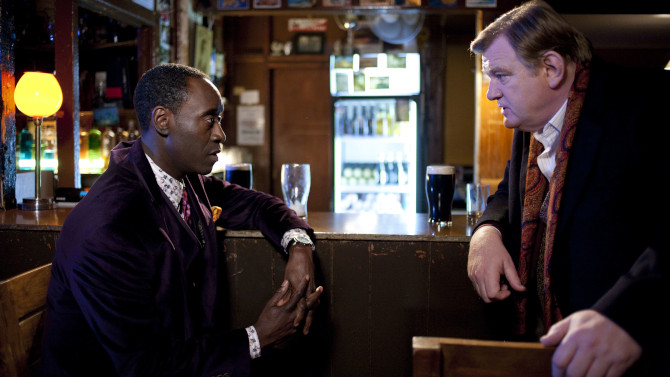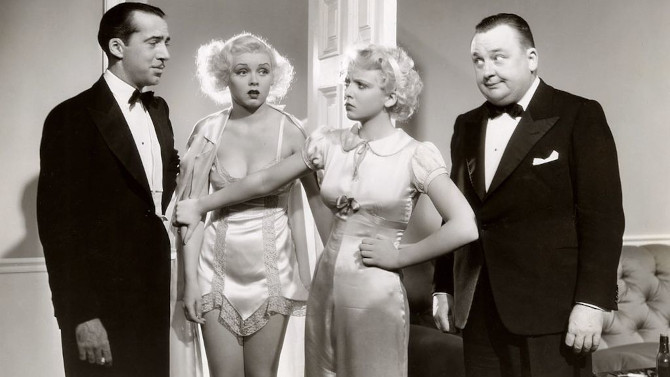
Olympic ‘Ten’sion
Opening at the 1932 Los Angeles Summer Olympics (an actual newsreel from the event), 1934's Search for Beauty, directed by Erle C. Kenton (Island of Lost Souls; The Ghost of Frankenstein), is a sharply written and unbelievably edgy drama that would not have passed code just a few short months later (once the Motion Picture Production Code, also known as the Hays Code, came into effect). A clash between immorality and a sort of athletic purity, two ex-cons, Larry Williams (Robert Armstrong) and Jean Strange (Gertrude Michael), newly released from prison, quickly come up with a new cash friendly scheme. Teaming with their money-man, Dan Healy (James Gleason), they plan on purchasing a ‘Health and Exercise’ magazine (and a ramshackle hotel that comes with it), turning it into a pre-Playboy rag magazine full of sultry stories and lurid photographs.
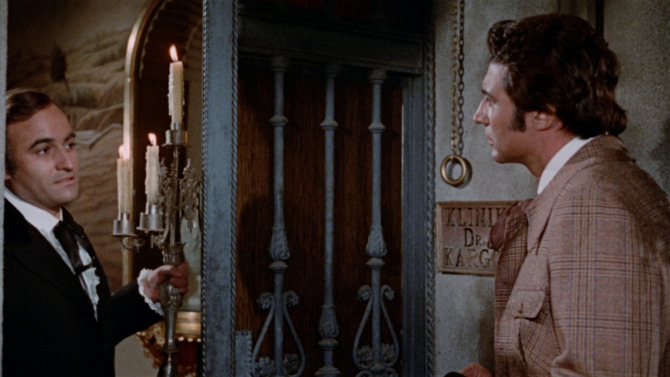
Dracula, Mi Amor
Building upon ages of vampiric lore whilst finding its own creative place in a lengthy fang toothed oeuvre, Spain’s Count Dracula’s Great Love (1973), co-written and directed by Javier Aguirre, aims for fusing sensuality and sensitivity with a mesmeric gothic atmosphere. . . and let’s not forget some 70s era gore (for good measure). Following a group of four women: Senta (Rosanna Yanni), Karen (Haydée Politoff), Elke (Mirta Miller), and Marlene (Ingrid Garbo), and a male friend, Imre Polvi (Víctor Barrera), they are unfortunate enough to have carriage trouble whilst traveling through the Carpathian Mountains (though, at least, the women all seem to have a ridiculous amount of lingerie – priorities, right?).
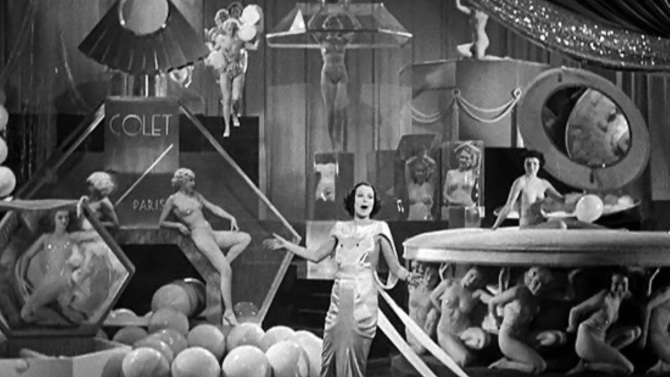
You’re So Vanity
A musical murder mystery? Yes, you read that right. . . and that was the type of film you often saw during the Pre-Code era. If 1934's Murder at the Vanities was made just six months later, it never would have passed code and been released – fortuitous for the film makers and us. Directed by Mitchell Leisen, this on stage/backstage premise finds Jack Ellery (Jack Oakie – The Great Dictator) putting on a sumptuous musical revue, featuring his two stars, an Austrian making his American debut, Eric Lander (Carl Brisson), and up and coming Ann Ware (Kitty Carlisle). Unbeknownst to everyone, a whirlwind romance has swooped up between the two stars. . . and they plan to marry after the opening show (they make the announcement upon their arrival at the theatre).
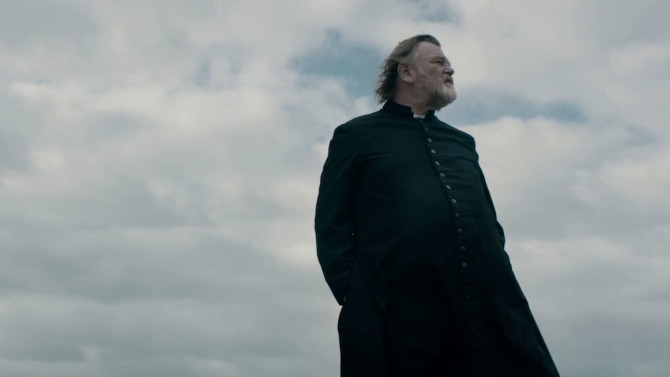
Skull Ireland
John Michael McDonagh’s follow up to The Guard, 2014's Calvary (which he again writes and directs), is a thought provoking mystery infused drama which delves into irony, theology, predestination, and how the wounds of the past influence the present in most powerful ways. Opening with a quotation from Saint Augustine – “Do not despair; one of the thieves was saved. Do not presume; one of the thieves was damned.”, we are then introduced to our main character, Father James (Brendan Gleeson), a good man in small town Ireland. Originally married with a daughter, when his wife died, he followed a calling to the priesthood, attempting to impart his spiritual wisdom and some much needed solace to his flock.
Stand On Guard
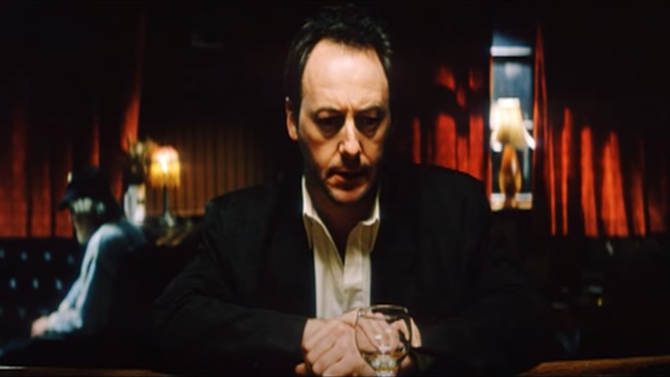
By now, most film fanatics have discovered the works of playwright turned film maker Martin McDonagh, starting with the 2004 short film Six Shooter (it earned him an Oscar), he then went full length with 2008's In Bruges (it quickly became an acclaimed cult classic), next heading Stateside with the rather violent 2012 comedy Seven Psychopaths (again, garnering much praise), only for his fourth, and to date, final effort, 2017's Three Billboards Outside Ebbing, Missouri, to earn multiple Academy Award nominations (including two wins. . . while many believed it should have won Best Picture as well). While we wait for his still untitled next feature (which is currently in pre-production), perhaps some of you have yet to discover his very talented brother, John Michael McDonagh. Today, I’ll introduce you to the short film that started it all, as well as the full length feature that blossomed out of it.
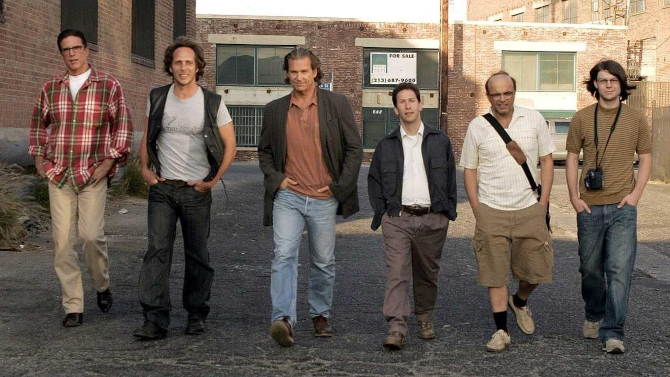
Amateur Hour
You just have to wonder if the overt sentimentality of a Frank Capra-type picture can’t work with a twenty-first century mindset. . . known as Capracorn, his movies were so sweet that they would even cause a perfectly healthy individual to get diabetes. Case in point, 2005's The Amateurs (sometimes known as The Moguls), a movie so obscure, a teacher makes more money in one year than it grossed at the box office. Panned by critics and never given a chance at the box office, it was relegated to a grim alternate reality akin to Pottersville. Written and directed by first time film maker Michael Traeger (sadly, this is still his only directorial credit), he follows the Capra mold, finding a rather ironic storyline to juxtapose the heart-filled tale.

